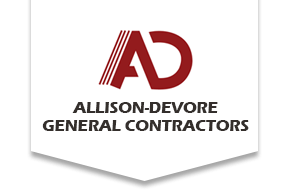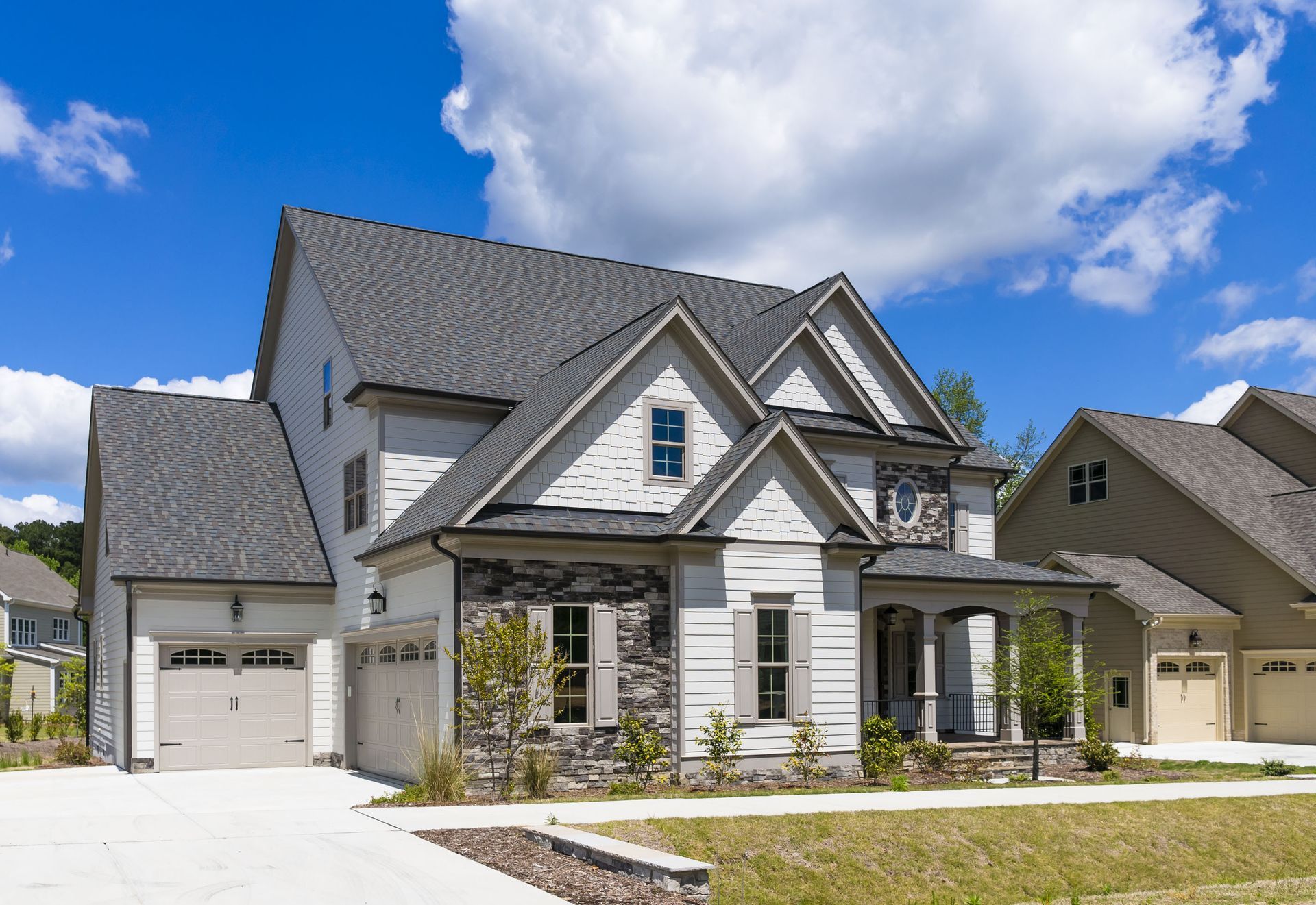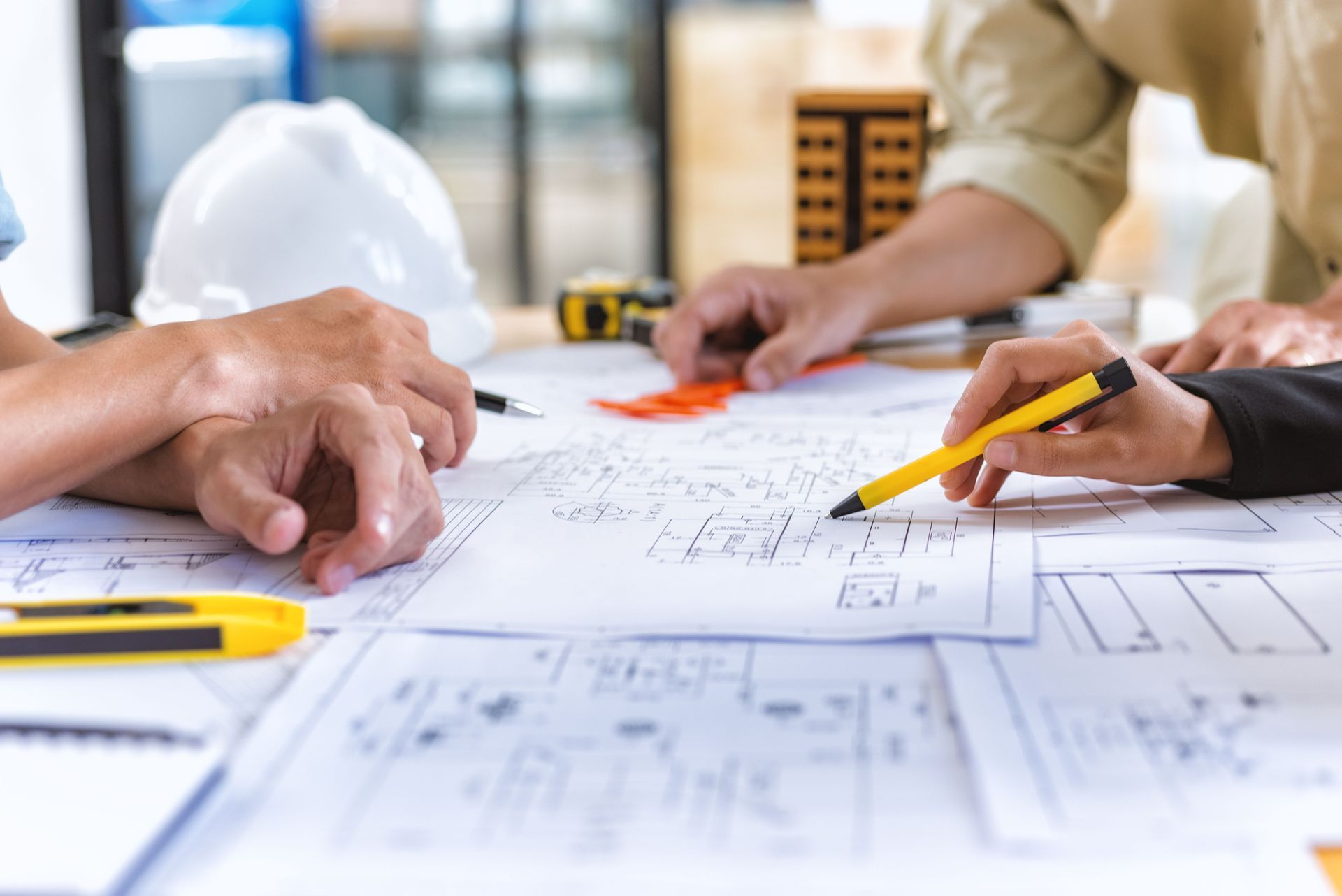Choosing the right custom home builder is crucial in making your dream home a reality. This article will guide you through the essential steps to select a builder who will meet your expectations and execute your vision perfectly. Building a home is a significant investment, and ensuring you partner with the right builder will affect not only the construction process but also the long-term satisfaction with your home. With an increasing number of people opting for custom homes, competition among builders has become intense, making it vital to pick the right one for your needs. This comprehensive guide will provide insights and detailed steps to help you choose the perfect custom home builder.
Define Your Vision
Before starting your search for a builder, it's essential to define what your dream home looks like. Create a vision board or a list of must-haves to communicate your ideas clearly. Visualizing your needs helps in aligning both big-picture concepts and the finer details of design. Consider aspects such as architecture style, interior layout, and landscaping. A clear vision will streamline the process of communicating your design and expectations with your chosen builder.
Your home should reflect your personality and accommodate your lifestyle. This means thinking about your family size, daily activities, and future needs. By defining your vision early on, you can ensure that your custom home meets both current desires and future growth. Importantly, a comprehensive vision allows you to convey your goals precisely to potential builders, ensuring they have a clear understanding of your aspirations. This precise communication aids in selecting a builder who shares your vision and can translate it into tangible results.
Additionally, focusing on both aesthetics and functionality will ensure a harmonious living environment. Remember to consider practical elements like storage, energy efficiency, and technology incorporation. A well-defined vision goes beyond appearance; it considers comfort, usability, and sustainability within your home. Start with the broader aspects before narrowing down to specific details, as this will help maintain focus and coherence in the design process. Ultimately, clarity in your vision minimizes misunderstandings and sets a strong foundation for successful collaboration with your builder.
Set a Budget
Establishing a budget is a critical step in the custom home building process. Your budget should reflect realistic financial capabilities, accounting for construction costs, fees, permits, and potential overruns. Begin by assessing your financial position and determining how much you can comfortably invest without compromising your financial security. Understanding the local real estate market and typical custom home costs will help in setting a practical budget. Remember to include a contingency fund of about 10-20% to cover unforeseen expenses or upgrades you might decide on during construction.
A well-planned budget will prevent overspending and ensure that all aspects of your home are adequately funded. Break down the budget into different categories such as land acquisition, design fees, materials, labor, and additional features like landscaping or decor. Consult with financial advisors or mortgage experts if needed to gain insights into financing or loan options available to you. Transparency about your budget helps potential builders offer realistic quotes and identify whether they can work within your financial constraints. Ultimately, a solid budget ensures the financial viability of your project and helps in avoiding major setbacks during construction.
Budgeting also involves prioritizing elements of your home build. Consider what elements are non-negotiable and which can be adjusted based on cost. This might mean opting for more affordable finishes in some areas to allocate funds to crucial structural features or amenities. Flexible budgeting allows for adaptability and ensures that essential home components are financed fully. By setting a responsible budget and adhering to it, you create a financially sustainable project that aligns with your dream vision.
Determine the Timeline
Establishing a realistic timeline is fundamental to the success of your project. Consider factors such as the complexity of design, your builder’s availability, and potential delays due to weather or supply chain issues. A well-structured timeline will help manage expectations and keep the project on track. Discuss potential time constraints with prospective builders to ensure they can meet your schedule goals. Use a timeline to coordinate the various phases of construction, ensuring efficient progression from one phase to another.
Moreover, understanding the time frame of your custom home project influences decision-making. It's essential to factor in the design stage, permit acquisition, construction, and final inspections. Builders with a track record of meeting deadlines efficiently likely have systems in place to handle project timelines with precision. Coordination and communication with your builder throughout the process are vital to addressing any issues proactively. Ultimately, a well-planned timeline contributes to a smoother building process with fewer disruptions.
A clear timeline also aids in planning other personal life activities, such as moving arrangements or school enrollment for children. When setting a timeline, be flexible enough to adjust to minor setbacks or delays. By having buffer time in your schedule, unexpected challenges won't lead to major disruptions. In crafting your timeline, aim for efficiency without compromising quality or cutting corners, allowing your project to unfold in a balanced, manageable manner. A structured timeline ensures that your custom home is completed within your desired time frame while maintaining the standards you expect.
Identify Must-Have Features
Identifying must-have features in your dream home is crucial in guiding design priorities and budget allocation. These features should align with your lifestyle needs, values, and personal preferences. Consider elements like the number of bedrooms, kitchen style, outdoor spaces, and technology integration as fundamental aspects of your design. Identify any eco-friendly designs or smart home systems you wish to incorporate. Clearly communicating these must-haves to your builder ensures they understand your priorities and can effectively incorporate them into the design.
These essential features should remain a constant focus throughout the construction process. Rank your must-haves by importance to distinguish between essential and desirable features. This list will be a guiding tool to maintain consistency between your aspirations and the final product. Including a few flexible items allows you to adapt to budget constraints without losing sight of your primary vision. Effective prioritization enables your builder to propose cost-effective solutions while maintaining the integrity of your design.
Additionally, assessing how these features impact daily living is also key. Consider practical elements like energy efficiency or sustainable architecture that offer long-term benefits financially and environmentally. Reflect on both current and future requirements, such as expanding your family or integrating remote workspaces. A home thoughtfully designed with these must-haves will provide comfort, functionality, and satisfaction for years to come. By placing importance on features that matter most, you ensure your investment results in a home tailored to your unique lifestyle and needs.
Evaluate Your Lifestyle Needs
To ensure your custom home fits you seamlessly, consider your lifestyle needs and how they influence design. Evaluate current daily patterns, family size, and any anticipated changes to identify potential design requirements. Consider factors such as work-from-home spaces, garden areas, play spaces for children, or areas for hobbies and activities. Thoughtfully evaluating your lifestyle helps create a house that not only matches but enhances your everyday experiences. Your home design should complement your habits and support your engagements efficiently.
According to Eye on Housing, over the past four quarters, custom housing starts totaled 181,000 homes, a 2% increase compared to the prior four quarters (177,000), and it's only expected to grow in the future! Be sure to reach out to Allison-Devore General Contractors today for more information on our professional custom home builder!




Share On: